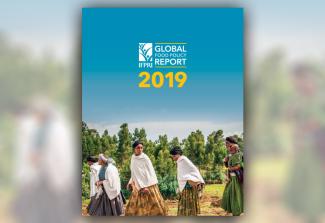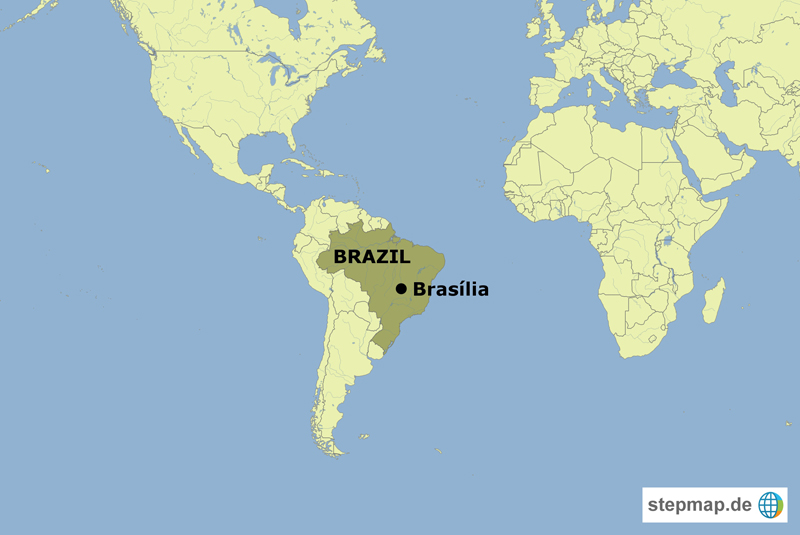Infrastructure
Policy recommendations
Rural revitalisation is essential for transforming rural areas, not only in Africa. The International Food Policy Research Institute (IFPRI) offers tangible advice.

As IFPRI spells out in the recent “2019 global food policy report”, it is possible not only to end hunger and malnutrition, but also to achieve the Sustainable Development Goals and to protect the climate. It will take evidence-based action geared to rural revitalisation in all world regions. Relevant steps include:
- Adopt a “rurbanomics” approach. This means appreciating the interlinkedness of rural and urban economies and grasping the opportunities that arise from it. Rurbanomics does not simply concern the relations of rural areas with mega-cities. Small and mid-sized cities matter very much.
- Transform agri-food systems to benefit both rural and urban areas. Agriculture must be seen as a business enterprise that can nutritiously, safely and sustainably feed all.
- Scale up agricultural productivity and invest in the rural non-farm economy to create wage-earning opportunities, particularly for disadvantaged population groups, including the poor, women and youth.
- Improve living conditions in rural areas, by providing better access to social protection, boosting basic services and supporting a healthier and more climate-resilient environment.
- Reform rural governance to improve accountability. Policy outcomes depend on well-funded budgets, capable staff and transparency. (sf/ob)
Link
International Food Policy Research Institute: 2019 Global food policy report.
http://www.ifpri.org/publication/2019-global-food-policy-report














